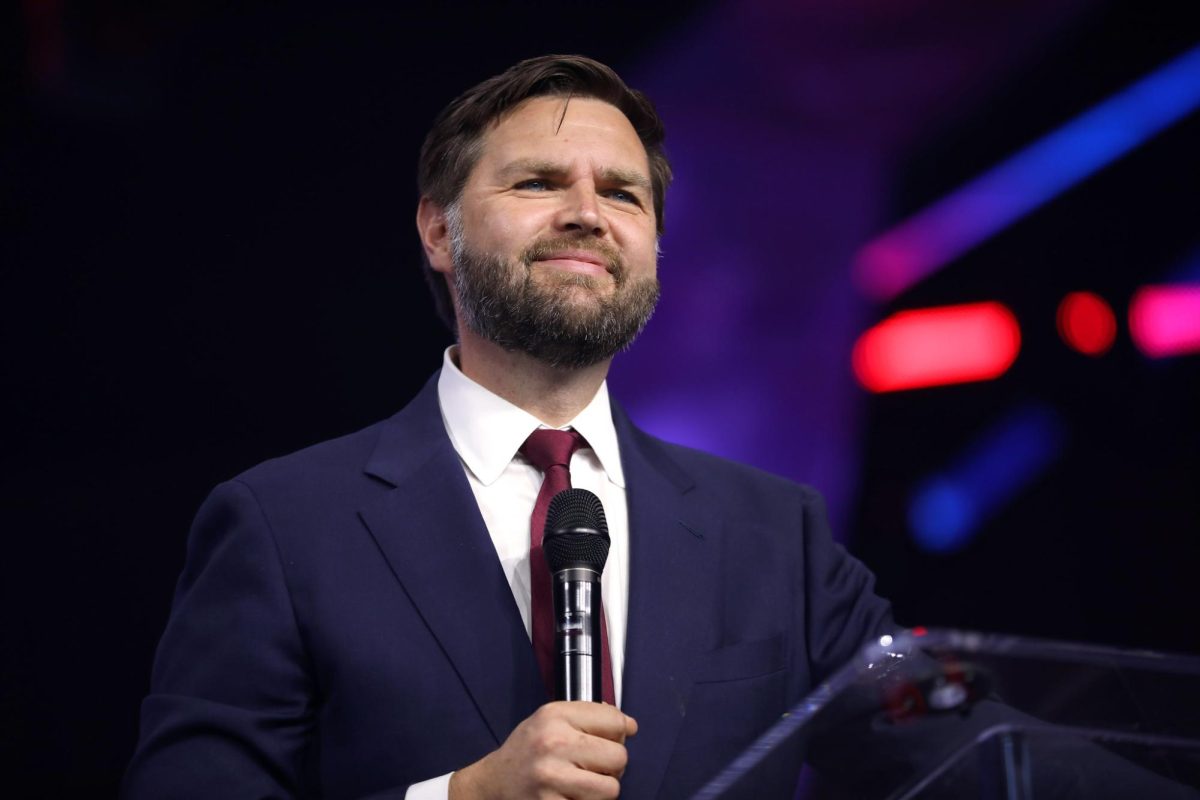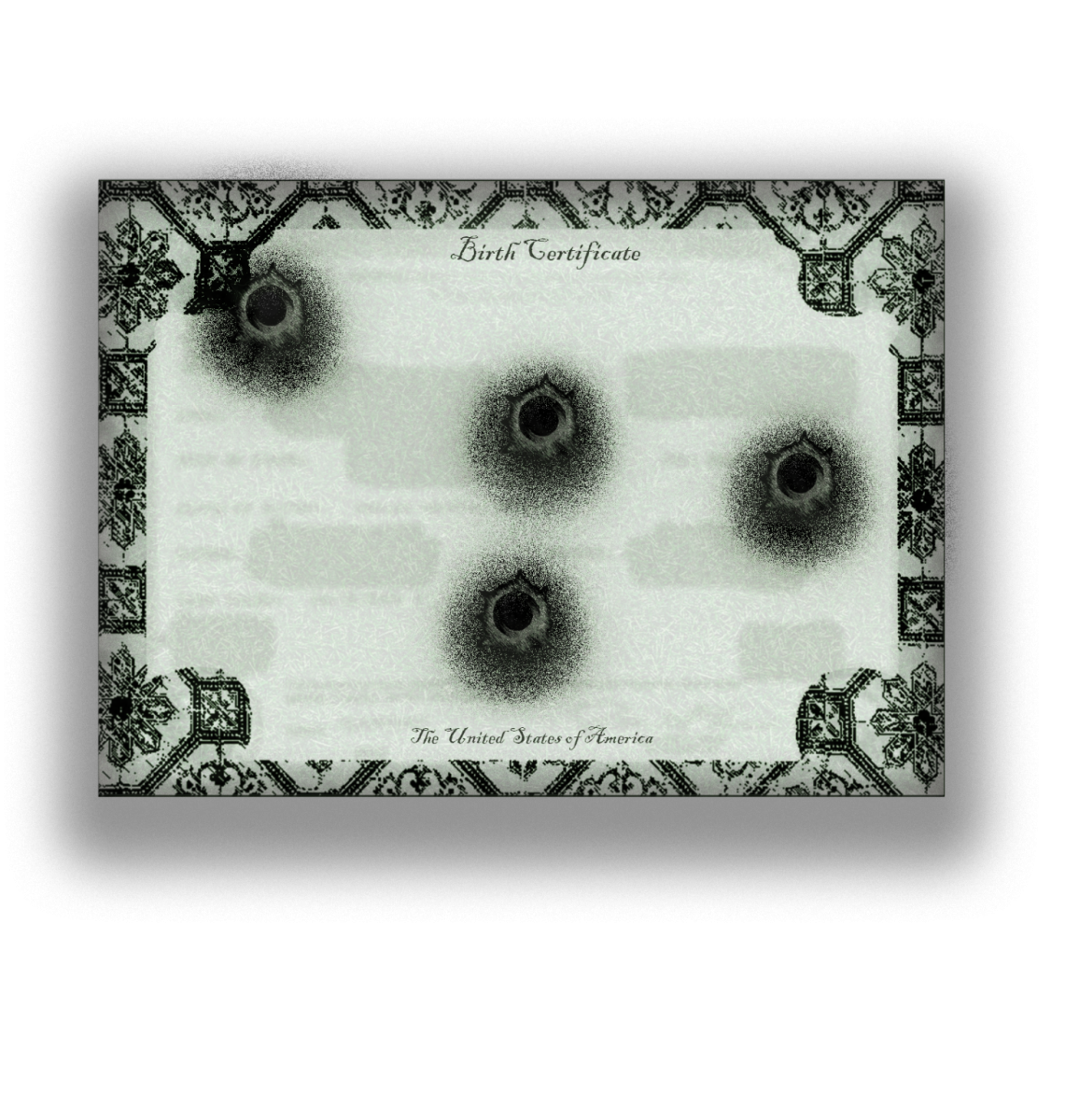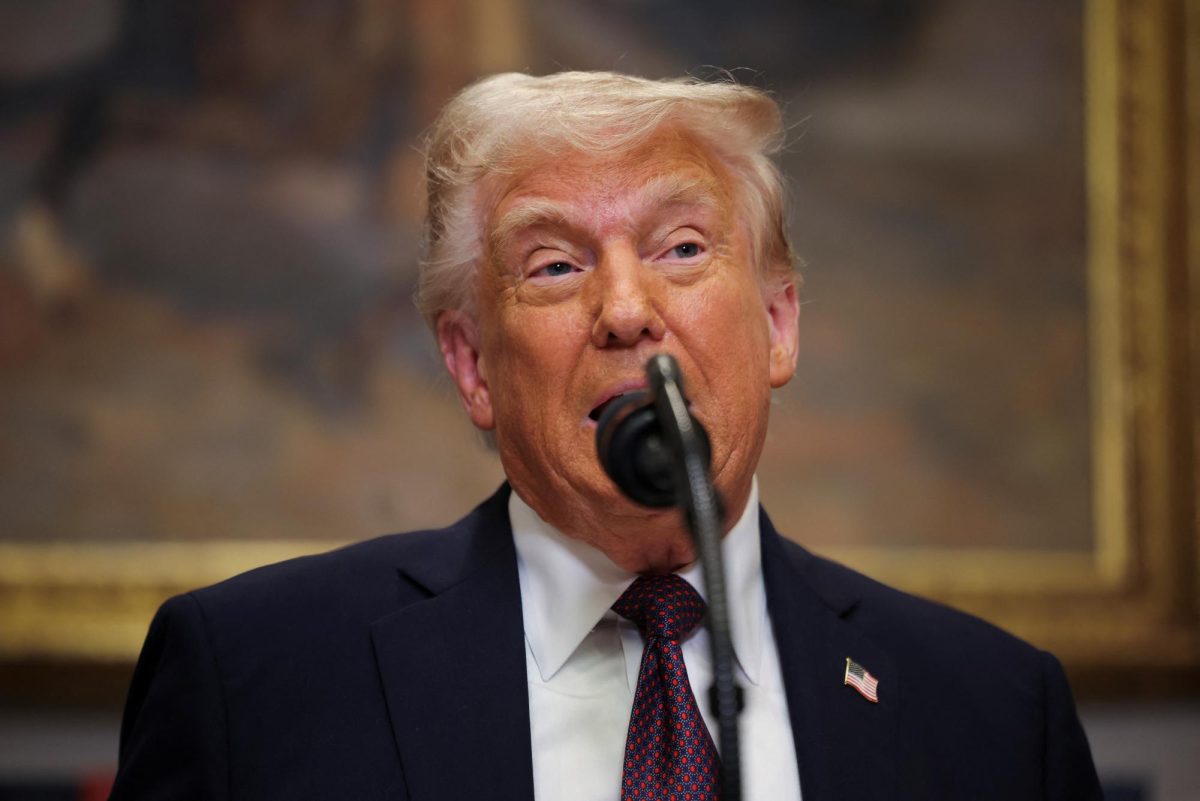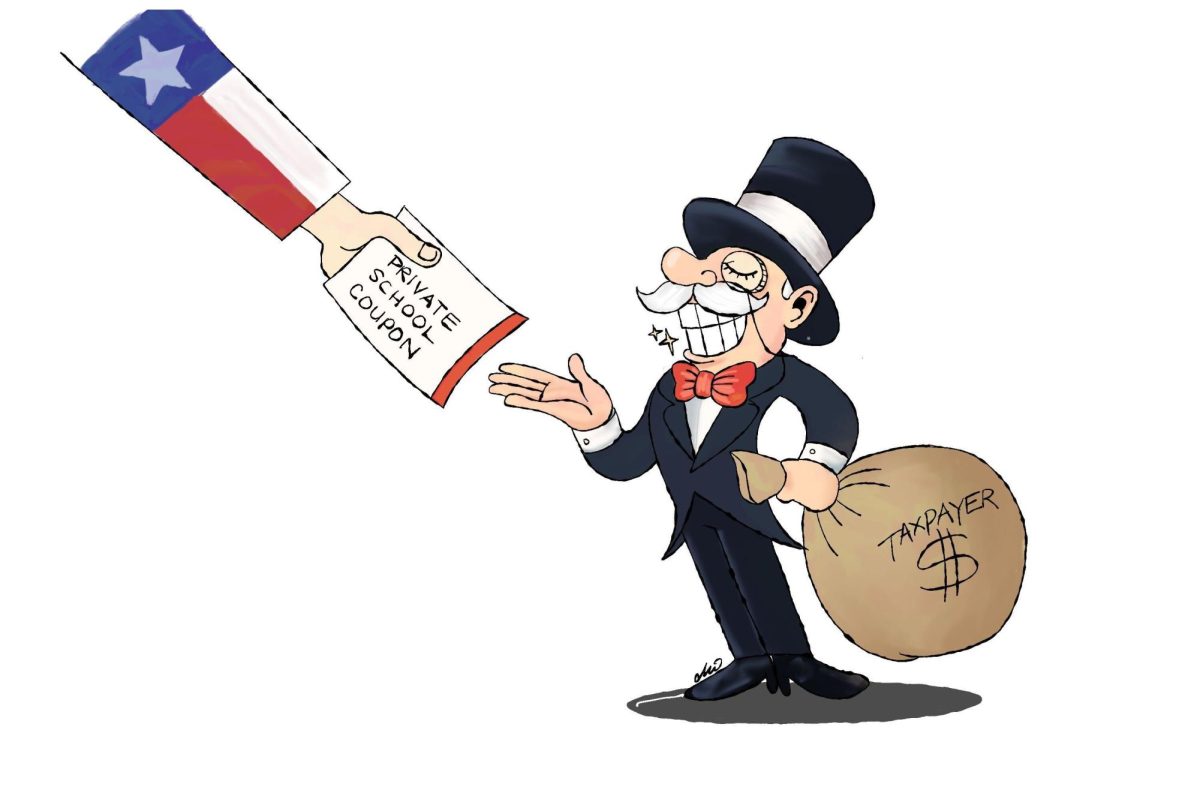“[Chief Justice] John Marshall has made his decision, now let him enforce it.”
Although the above is likely an apocryphal quote attributed to President Andrew Jackson many years after he allegedly said it, the statement nonetheless exemplifies a very real historical conflict; namely, that between Jackson’s administration and the Supreme Court.
Instead of enforcing the Supreme Court’s 1832 ruling on Worcester v. Georgia, Jackson was intent on letting the Georgian courts — whose original ruling had been overturned — continue imprisoning a man who had failed to “take an oath to obey the laws of Georgia.” The man languished in prison for years after the decision was made, sending plea after plea to the state with no response. Still, Jackson was nowhere to be seen.
A similar conflict between judicial and executive power may be upon us now.
Not only has Vice President JD Vance quoted the apocryphal Jackson with affection, he’s also endorsed a sweeping view of executive power that could seriously challenge the judiciary’s role — up to and including the Supreme Court.
Let’s start with the front-page news.
There’s a good chance you’ve already heard of the federal spending freeze implemented by President Donald Trump’s administration; the same freeze that was halted seemingly moments later by a federal judge’s temporary restraining order.
Of course, this order didn’t stop Trump — he continues to violate current orders despite having verbally renewed his commitment to following judicial directives. A perilous expansion of executive power? Certainly.
But for now, it seems like Trump isn’t in Jackson territory yet — especially considering the matter hasn’t reached the Supreme Court.
On the other hand, Vance seems to think quite differently. On Feb. 9, he posted the following on X:
“If a judge tried to tell a general how to conduct a military operation, that would be illegal,” he wrote. “If a judge tried to command the attorney general in how to use her discretion as a prosecutor, that’s also illegal. Judges aren’t allowed to control the executive’s legitimate power.”
On a charitable reading, Vance’s tweet seems innocuous enough. After all, why should a judge be able to control “legitimate executive power?” Executives exercise executive power without judicial rulings impeding them all the time, right?
It’s not as simple as it seems.
The main difficulty with Vance’s statement comes when you ask a very simple question: What is “legitimate” executive power? In other words, what power can the executive legitimately exercise under the Constitution?
The answer should obviously be contained in the Constitution since it is the document that legally grants such powers. But what if there’s a conflict in what powers are able to be legally exercised? Who would resolve such a dispute?
The answer comes in Article III: The courts get to decide how the Constitution is interpreted. And because executive powers are granted by the Constitution, the courts do in fact have the legal authority to “control” and decide the limits of legitimate executive power.
Obviously, Vance has heard this argument before. He’s a Yale Law School graduate, and we would expect no less from him. So, what’s the deal here?
Vance — and many others in the Trump administration — ascribe to an idea called the Unitary Executive Theory. Fundamentally, the theory asserts the president as the supreme head of the executive branch, giving Trump the ability to decide essentially everything within the branch — a broad expansion of his powers.
Want to fire every single employee in the Department of Defense? Go for it.
Want to freeze the Department of Education’s spending with an executive order? Completely possible.
The theory is quite far-reaching. In its most radical formulations, Unitary Executive Theory allows the executive branch to decide whether or not it wants to abide by court rulings on a case-by-case basis. Maybe the executive will listen to a court order one day when it’s convenient, and maybe it will ignore the same order tomorrow.
In effect, the theory could result in a country where the law starts and ends with the president.
As you might imagine, this theory — should it become realized — could very well open up avenues of radical despotism for the president to use and risk the destruction of basic liberties. Divorced from the traditional considerations that the president “take care” to execute the laws of the United States “faithfully,” the rights of many could effectively be discarded on the whim of the president.
This swings both ways. If Trump fully and successfully embraces Unitary Executive Theory before leaving office, the floodgates are open for a democrat to enter the White House and effectively do anything they wish to bring about their machinations.
It does seem like Trump may be considering this as a serious option, despite his previous pledges. As he recently wrote on X, “He who saves his Country does not violate any Law.”
Maybe if you can make the laws, you don’t ever have to break one at all.
Kaleb Blizzard is a philosophy sophomore and opinion writer for The Battalion.










